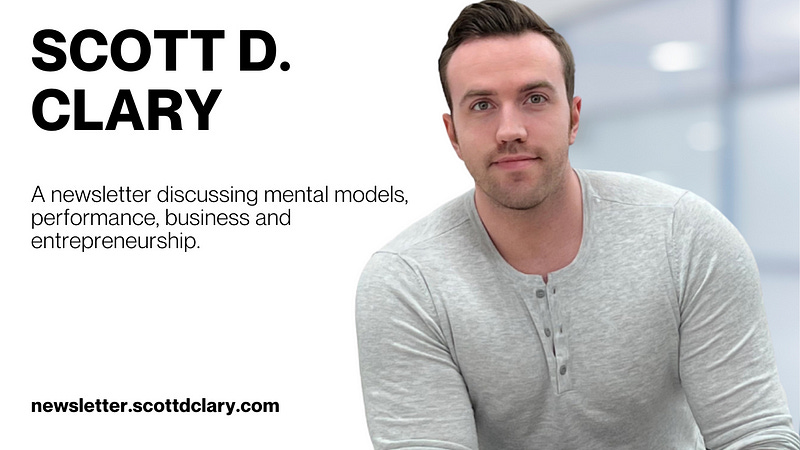The Argument For Moving Against the Status Quo
Hi All!
Hi All!
Here is my weekly email with some insights and ideas pulled from conversations I had on my podcast as well as some other tools and resources you may find useful.
🚀 The Argument For Moving Against the Status Quo
💻 Tool Of The Week: Recut
🎧 Things You Should Listen To: Anthony Di Iorio, Co-Founder of Ethereum
📚 Things You Should Read: The Bitcoin S…



